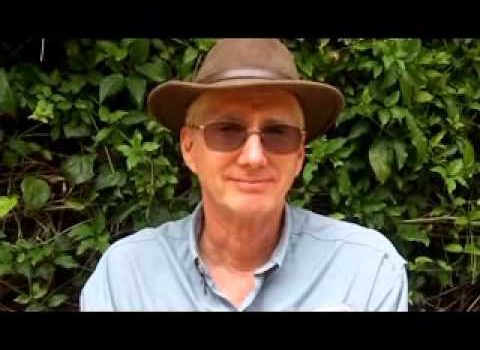Email a copy of 'The Editors' Quote of the Day:' to a friend
2 Comments
- Ad Barter and Sell at Simcour Trading PostA new site for individuals to barter and sell items of interest to other like-minded individuals
- Ad Follow the Author Don Shift Basic SHTF Radio: A cop's brief guide for understanding simple solutions for SHTF radio communicationIntimidated and don’t know where to start with radio? This book is the perfect guide to what options you have i.e. GMRS, CB, to ham and basic communication topics.


“1) the pressure builds and the masses revolt, tearing the elite from power or 2) the masses opt-out and stop working to support the regime, so the regime slowly starves and then implodes.”
In Option 2, everybody starves. But everybody has a belly, and empty bellies tend to promote a certain amount of work. Then the elites make sure they get their cut of the proceeds. So the starvation goes on and on and on, decade after agonizing decade.
“Whose end is destruction, whose God is their belly.” Philippians 3:19.
“Unless the compulsion [or, motivation] of conscience comes in, mankind in the mass will be found too selfish and too apathetic to purchase, at the expense of their own toil and blood, the heritage of freedom for their children. Liberty says we MAY, religion says we MUST, die rather than submit. It is a noble sentiment of the poet, and finely expressed, that Freedom’s battle, “bequeathed from bleeding sire to son,” though often lost, is always won in the end, but therewith does not accord the fact. The history of Greece, of Rome, and of other nations, shows us, on a large view of matters, liberty dissociated from religion fighting a losing and not a winning battle. The more prominent instance, though not the only one, in modern times [circa 1880], is France. There we behold a brave nation fighting for “liberty” in contradistinction to, or rather as dissociated from “religion,” and, after a conflict of well-nigh a century, liberty is not yet rooted in France. The little Holland is an instance on the other side. It fought a great battle for religion, and in winning it won everything else besides. The only notable examples with which history presents us, of great masses triumphant over established tyrannies, are those of the primitive Christians, and the Reformers of the sixteenth century.” –James A. Wylie, History of Protestantism, vol. 1 book 19 chapter 18.
The power of Christianity and Protestantism is found in the Bible. When faith and the focus of religion is shifted from Scripture to the Church, Samson is shorn of his locks.
That is a powerful statement, cf. James A. Wylie deserves more inquiry by yours truly.
In my search for the origins of the phrase, “Dissent is the Highest form of Patriotism”, I found this.
“Dissent is the highest form of patriotism” is often attributed to Thomas Jefferson, but to date we have found no evidence that he said or wrote this. Its true origins are uncertain, but the saying may have entered popular culture during the Vietnam era.
The earliest usage of the phrase we have found is in a 1961 publication, The Use of Force in International Affairs: “If what your country is doing seems to you practically and morally wrong, is dissent the highest form of patriotism?”1
The phrase was used repeatedly during the Vietnam era, and this may be when it came into general currency. On October 15, 1969, in a speech at Columbia University, Mayor John Lindsay of New York City stated, “We cannot rest content with the charge from Washington that this peaceful protest is unpatriotic. … The fact is that this dissent is the highest form of patriotism.”2
This appears to be one place where both right and left may stand in defense of liberty.
Carry on